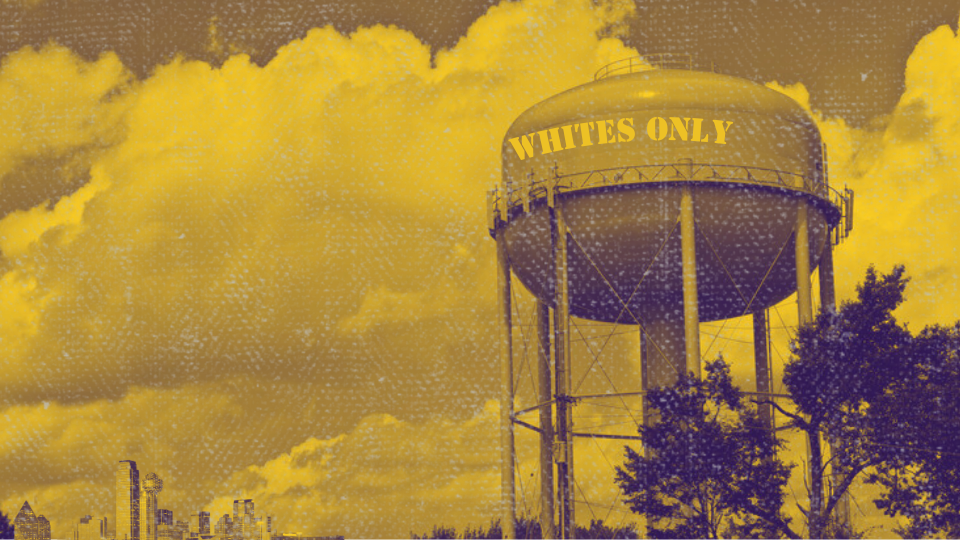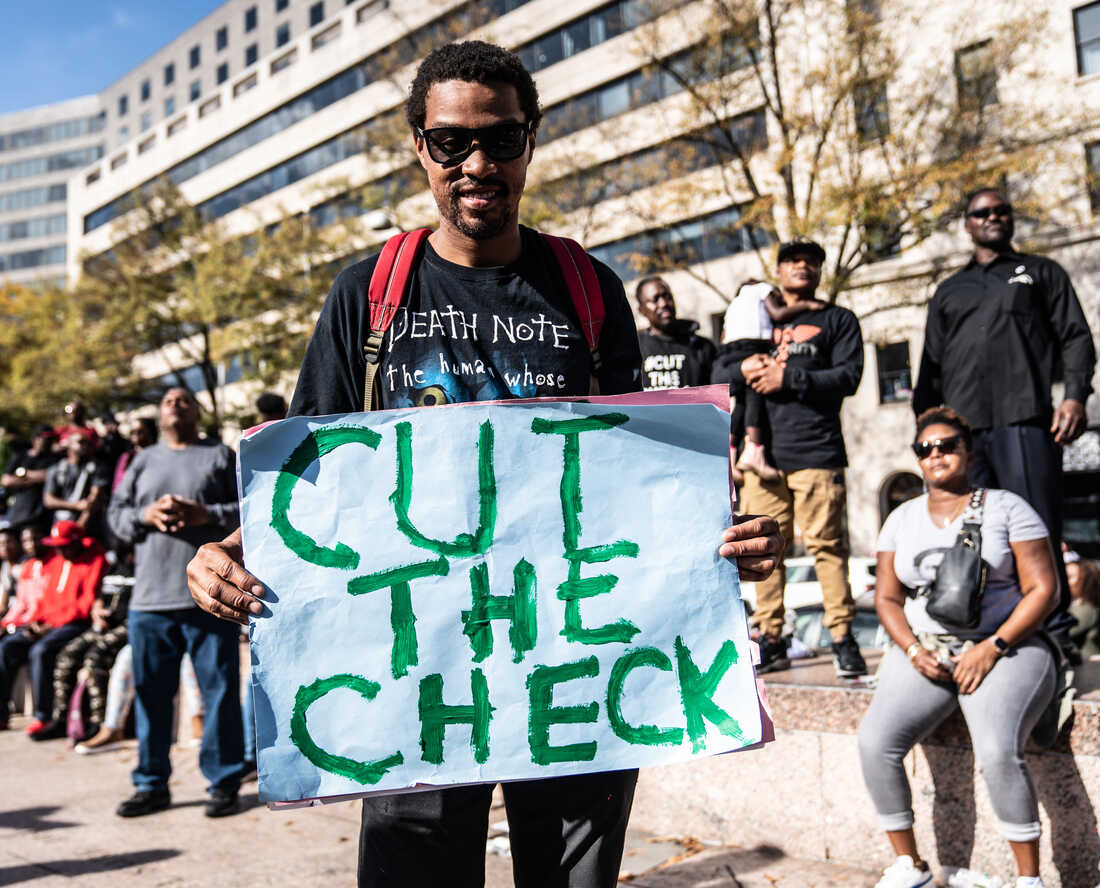Texas’ Water Shortage Leaves the Door Open for Environmental Racism
Texas is heading towards a severe water shortage. Analyst Brianna Patt digs into how it may affect the impoverished

Texas is heading towards a severe water shortage. Analyst Brianna Patt digs into how it may affect the impoverished Black and Brown communities of Texas.
According to the Texas Tribune, the state is currently experiencing a water shortage that could develop into a severe shortage by 2030 according to the Texas Water Development Board, if lawmakers are not able to come with a solution. While this shortage inevitably impacts all Texas residents, the ones likely to be hit the most are Black and Brown communities.
While the Flint Water Crisis serves as a prominent example of the perils of environmental racism, it is far from the only one. Historically, when this country faces a shortage, Black and Brown communities are affected the most. Native American households for instance, are 19 times more likely to lack indoor plumbing.
In March 2021, Jackson, Mississippi residents were provided water from designated distribution sites to perform basic household tasks. In February 2021, a winter storm disrupted the local water treatment plants, which made the water unsafe to drink. In September 2022, Mississippi’s water treatment plant failed again, which resulted in them being left without water once more. The extent of the inequality at the core of this issue can be seen in how some of the countries’ water shortages are worsened.
Locally, grassroots organizations like Southern Sector Rising and Downwinders at Risk fight for environmental and racial justice. And as the city has faltered on its own environmental policy, Dallas County has similarly delivered inconsistent efforts. A particularly large blight on the county’s record is the Sandbranch Water Crisis, which has gradually caused the displacement of at least 90% of the freedmen town’s population.
A 2023 study published by Nature Sustainability which focused on European cities, argues that most cities at risk of a water crisis. And it identifies economic class as a key factor across cases.
“Our results show that urban water crises can be triggered by the unsustainable consumption patterns of privileged social groups. Critical social sciences explain that these patterns are generated by distinctive political-economic systems that seek capital accumulation and perpetual growth to the exclusive benefit of a privileged minority,” the study said.
Wealth is a key factor behind Texas’ higher water usage. Additionally, the state has had an influx of transplants at 73%. Furthermore, the DFW Metroplex was named the country’s third-fastest growing metroplex in 2024. And developers looking to cater to new residents are offering homes with lush lawns and faulty sprinkler systems prone to leaking, according to Amy Hardberger, a Texas Tech Law professor and San Antonio Water System Board Member. Hardberger emphasizes that this overuse is specific to wealthy, suburban Texans.
Texas conservative lawmakers Sen. Charles Perry and Rep. Cody Harris have both presented bills to address the impending water shortage, but there is still debate on the finer points of legislation. Harris’ house bill does not specify how funds will be split, while Perry’s calls for an allocation to be put towards a new water supply via desalination. One unsurprising commonality between each bill: neither establish any protections against environmentally racist practices.
Raising awareness is a critical aspect of a greater strategy in fighting environmental racism. Though, on a legislative scale, meaningful action remains in limbo. Sure, there’s the Environmental Justice Act of 2021, which includes a call for a National Environmental Justice Advisory Council, an Environmental Justice Small Grants Program, and a Cooperative Agreement Program. And of course, the Green New Deal has been lauded by groups like Sunrise Movement as “a vision for the future that stops the climate crisis.” However, these initiatives have remained largely stagnant with no prospects of advancement in sight.
But victories have been claimed in the fight for environmental equality. The community of St. Joseph, Louisiana, for instance, succeeded in their effort to ensure the accessibility of clean water after the declaration of a state of emergency. And while infrastructure issues still plague the small town of fewer than 1,200 people, a plan to establish the necessary changes by 2030 was approved in March.
As Texas’ water shortage comes into play, impoverished Black and Brown communities are at the highest risk of inaccessibility in coming years. And with access limited from Flint to Sandbranch, regard for clean drinking water is a human right remains contested in the U.S..








